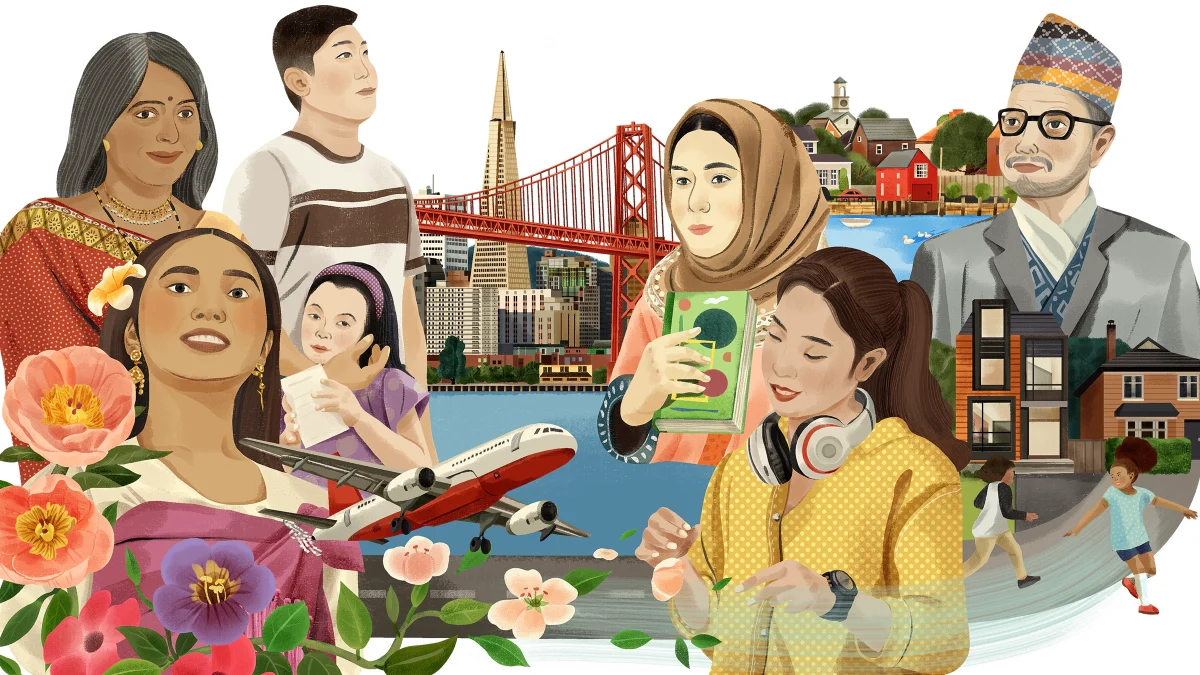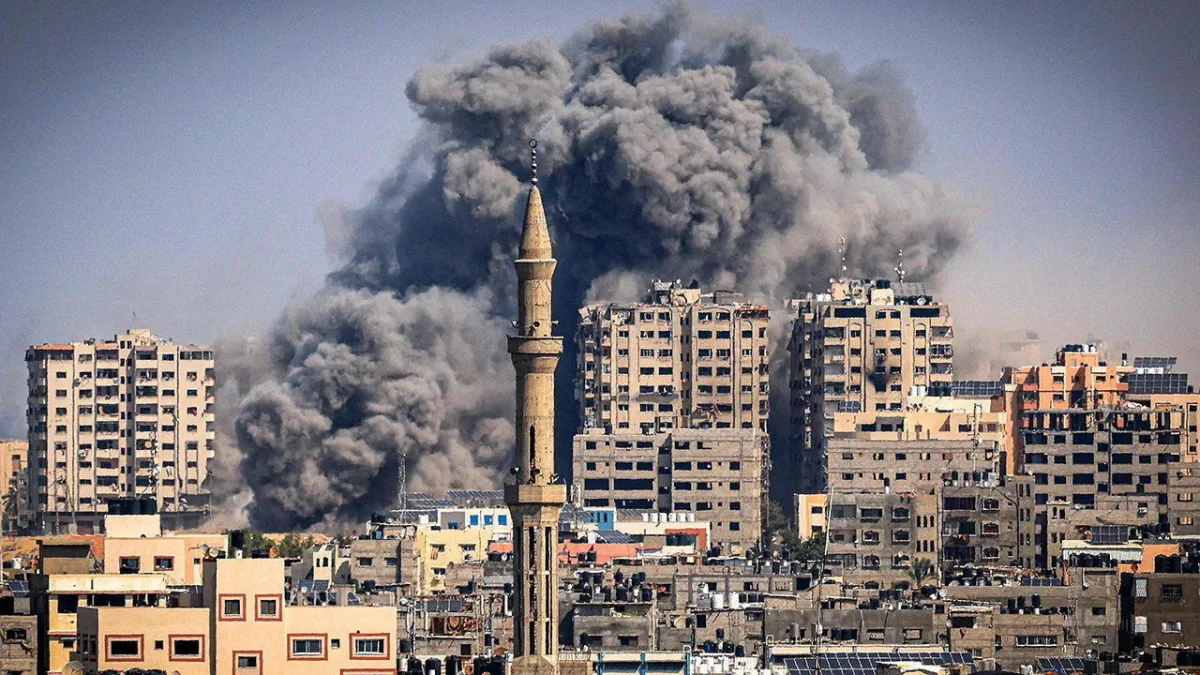Haiti, a nation long burdened by hardship, is currently facing a complex crisis unlike any it has seen before. This crisis is a confluence of factors, including escalating gang violence, crippling political instability, and a worsening humanitarian situation.
The assassination of President Jovenel Moïse in 2021 created a power vacuum that emboldened powerful gangs. These groups, often heavily armed and well-funded, have seized control of large swaths of territory, particularly in the capital city, Port-au-Prince. The recent escape of thousands of prisoners further bolstered their ranks, leading to a surge in violence. Killings, kidnappings, and sexual assaults have become commonplace, leaving the population in a constant state of fear. The political situation adds another layer of despair. The legitimacy of the current Prime Minister is contested, hindering any coordinated response to the crisis. Political infighting consumes valuable time and resources that could be used to address the urgent needs of the people. Meanwhile, the humanitarian situation continues to deteriorate. Food shortages are rampant, with millions facing hunger. The closure of the main port due to gang activity has crippled the flow of essential supplies. This, compounded by a resurgence of cholera, paints a bleak picture for Haiti’s most vulnerable citizens, especially children. The international community has expressed concern and pledged some aid, but a long-term solution requires a multifaceted approach. Addressing gang violence necessitates dismantling their economic networks and fostering cooperation between rival factions. Rebuilding trust in the government demands a transparent and inclusive political process. Finally, alleviating the humanitarian crisis requires immediate food and medical aid, along with long-term investments in infrastructure and development.
The Haitian people have a long history of resilience, but the current crisis threatens to overwhelm their capacity to cope. The international community, in collaboration with Haitian civil society, must act swiftly and decisively to prevent further suffering. Only through a concerted effort to address the root causes of the crisis – poverty, inequality, and weak governance – can influence the ideas of the people.









